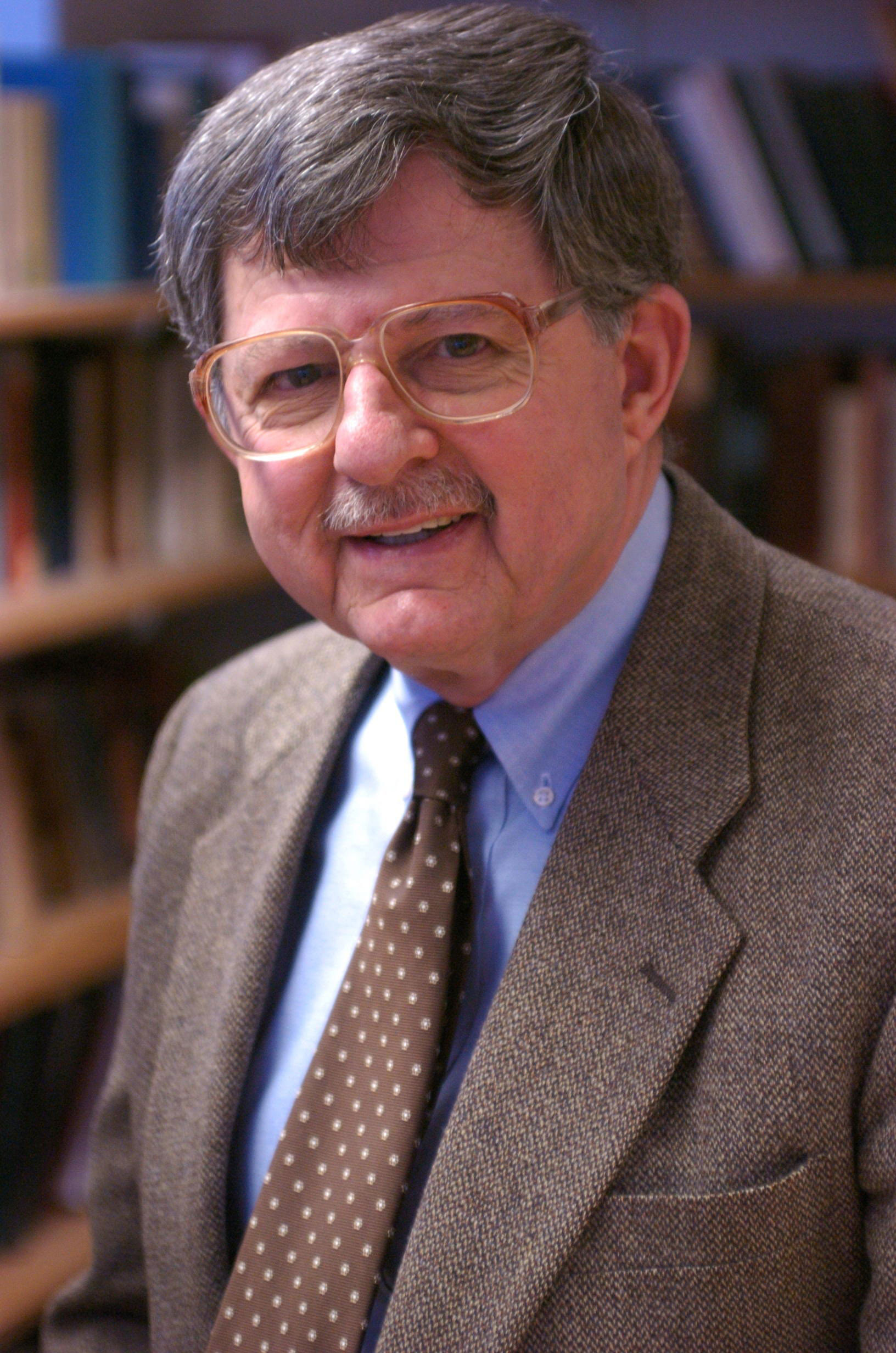
Who is John Caputo?
In the shifting landscape of contemporary thought, few figures loom as large as John D. Caputo in charting a path beyond the impasses of modernism and postmodernism. As a philosopher and theologian, Caputo has been at the forefront of the “post-secular” turn, which seeks to recover the spiritual and existential dimensions of human experience without regressing to pre-modern religious dogmas.
Caputo’s vision offers a compelling framework for psychotherapists grappling with the complex realities of trauma in an age of cultural fragmentation and existential uncertainty. By situating the work of healing within a broader project of meaning-making and self-transformation, Caputo helps us reconnect with the deeper sources of resilience and renewal within the human spirit.
Caputo’s Post-Secular Vision
At the heart of Caputo’s thought is a critique of the modern project of secularization, which sought to banish religion and spirituality from public life in favor of a purely rational, scientific worldview. While acknowledging the important gains of the Enlightenment, Caputo argues that this disenchantment of the world has led to a flattening of human experience and a loss of existential depth.
In contrast, Caputo advocates for a “post-secular” sensibility that recovers the poetic, mythic, and sacred dimensions of reality without falling into literalism or fundamentalism. For Caputo, religion is not a set of doctrines or beliefs, but an opening to the radical mystery and alterity of existence itself. It is a way of dwelling in the paradox and ambiguity of the human condition, of affirming life in all its beauty and brokenness.
This post-secular vision has profound implications for psychotherapy. It suggests that true healing requires more than just symptom reduction or behavioral change, but a fundamental reorientation to the sacred, numinous depths of the psyche. It calls for a therapeutic approach that honors the irreducible complexity of human experience, that sees breakdown as an opportunity for breakthrough, and that recognizes the transformative power of myth, ritual, and symbolic expression.
Trauma and the Loss of Meaning
One of the central insights of Caputo’s work is that trauma is not just an individual pathology, but a crisis of meaning that reflects the broader spiritual malaise of our time. In a world stripped of sacred significance, where the old myths and rituals no longer bind, trauma shatters the coherence of the self and the sense of belonging to a larger whole.
Caputo suggests that the path to healing lies not in erasing or suppressing the traumatic wound, but in learning to live with it as a sacred opening to the unknown. By embracing the fragmentation and disorientation of trauma as a call to adventure, as an initiation into a deeper mode of being, we can begin to weave a new narrative of resilience and renewal.
This requires a radically different approach to therapy than the medicalized, symptom-focused paradigms that currently dominate the field. It means creating a space where the shards of the broken self can be gathered up and rearranged into a new pattern of meaning, where the exile can begin the long journey home.
The Role of Myth and Ritual
Central to Caputo’s post-secular vision is a renewed appreciation for the transformative power of myth and ritual. In a world that has lost its guiding stories and sacred practices, Caputo argues, we must learn to create new myths and rituals that can hold the complexity of our postmodern condition.
For psychotherapy, this means recognizing the healing potential of symbolic expression, of working with dreams, fantasies, and imaginal realities as portals to the deep psyche. It means creating rituals of mourning and remembrance, of initiation and transformation, that can help individuals and communities integrate the fragments of traumatic experience into a larger web of meaning.
Caputo’s work also challenges us to confront the ways in which the modern therapeutic project has often served to reinforce the very conditions of alienation and disconnection that it seeks to heal. By reducing the psyche to a set of symptoms or disorders to be managed, by emphasizing adjustment and adaptation over existential questioning and creative self-expression, therapy can become just another cog in the machine of social control.
In contrast, a post-secular approach to therapy would recognize the subversive, countercultural potential of the healing process. It would see therapy not as a way of normalizing individuals to fit into a dysfunctional society, but as a space of resistance and re-imagining, where new forms of subjectivity and social relations can emerge.
Caputo’s Legacy
Ultimately, Caputo’s vision offers a powerful framework for re-envisioning the work of psychotherapy in an age of profound cultural and existential transition. By situating the healing process within a larger project of meaning-making and self-transformation, Caputo helps us reconnect with the deeper sources of resilience and renewal within the human spirit.
For therapists working with trauma, this means learning to see the wound not just as a pathology to be cured, but as a sacred opening to the unknown, a call to adventure and initiation. It means creating a space where the shards of the broken self can be gathered up and rearranged into a new pattern of meaning, where the exile can begin the long journey home.
In the end, the path of post-secular therapy is a path of radical openness and radical responsibility – openness to the mystery and alterity of the other, and responsibility for the larger social and existential contexts in which healing takes place. It is a path that requires both courage and compassion, both a willingness to dwell in the darkness and a commitment to the light.
As we navigate the uncharted waters of our time, may we have the wisdom and the grace to embody this post-secular vision in our work and in our lives. May we become midwives of the new myths and rituals that can guide us through the shadows and into a more vibrant, more soulful way of being human.
Key Points
- Caputo advocates for a post-secular approach that recovers the spiritual and existential dimensions of human experience without regressing to pre-modern religious dogmas.
- Trauma reflects a broader crisis of meaning in a world stripped of sacred significance. Healing requires learning to live with the traumatic wound as an opening to deeper modes of being.
- Myth and ritual have a vital role to play in the healing process, as symbolic expressions of the deep psyche and portals to transformation.
- A post-secular approach to therapy recognizes the subversive potential of the healing process as a space of resistance and re-imagining.
- The path of post-secular therapy is one of radical openness to mystery and alterity, and radical responsibility for the social and existential contexts of healing.
Metamodernism and Post Secularism
Navigating the Future of Meta Modern Therapy
Bibliography
Caputo, John D. The Insistence of God: A Theology of Perhaps. Indiana University Press, 2013.
—. The Weakness of God: A Theology of the Event. Indiana University Press, 2006.
—. What Would Jesus Deconstruct?: The Good News of Postmodernism for the Church. Baker Academic, 2007.
Keller, Catherine. Cloud of the Impossible: Negative Theology and Planetary Entanglement. Columbia University Press, 2015.
Raschke, Carl. Postmodern Theology. Cambridge University Press, 2018.
Rollins, Peter. How (Not) to Speak of God. Paraclete Press, 2006.
Shults, F. LeRon. Transforming Spirituality: Integrating Theology and Psychology. Baker Academic, 2006.
Slattery, Dennis Patrick. Trauma and the Soul: A Psycho-Spiritual Approach to Human Development and Its Interruption. Routledge, 2012.
Tarnas, Richard. The Passion of the Western Mind: Understanding the Ideas that Have Shaped Our World View. Ballantine Books, 1993.
White, Michael. Maps of Narrative Practice. W. W. Norton, 2007.

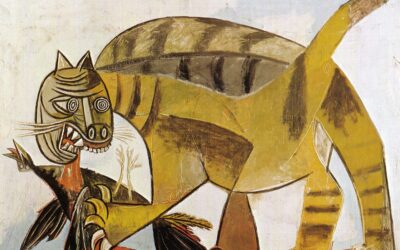
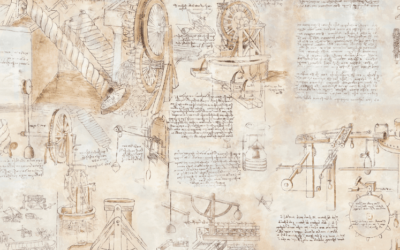
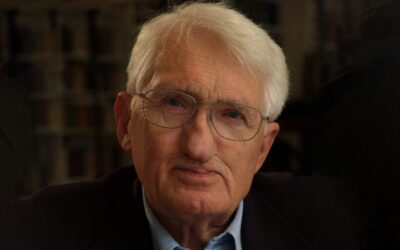
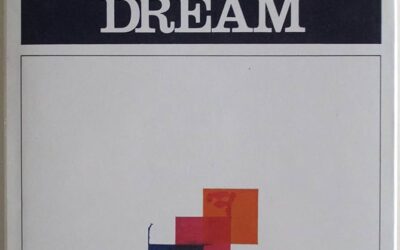
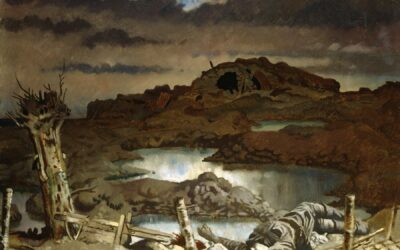
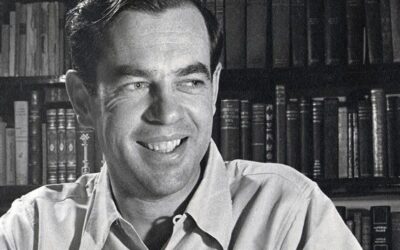
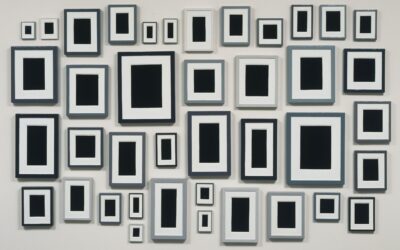
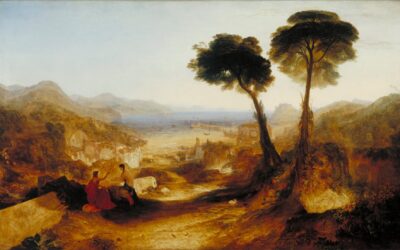

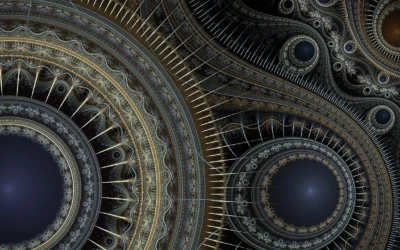
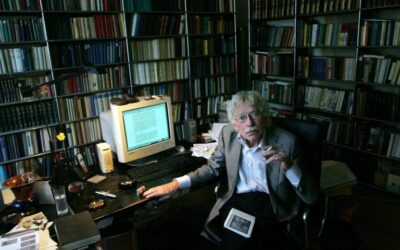
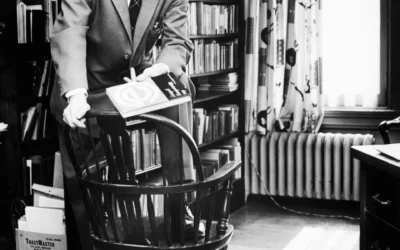
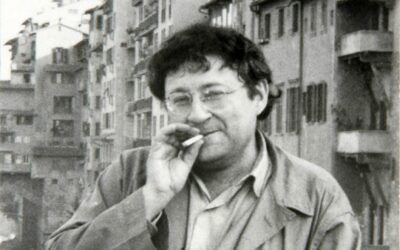

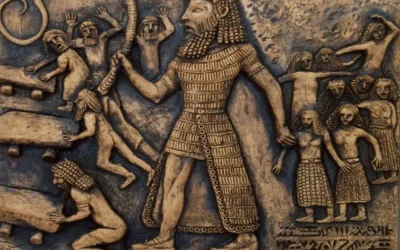
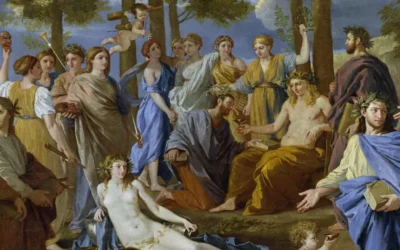
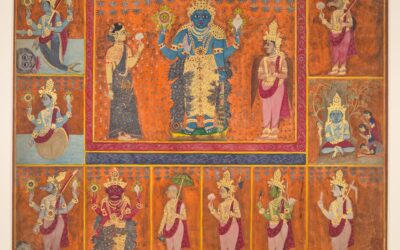
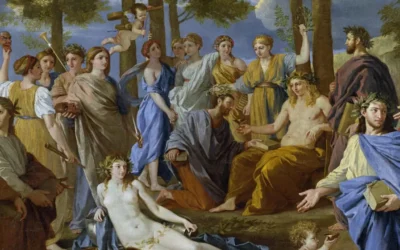
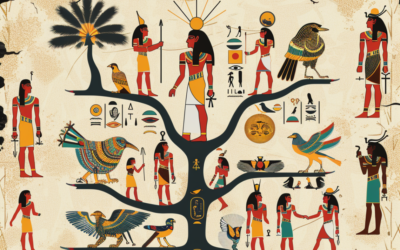
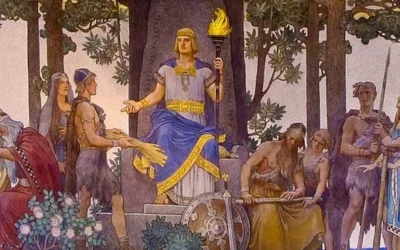


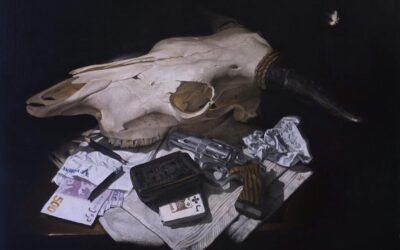
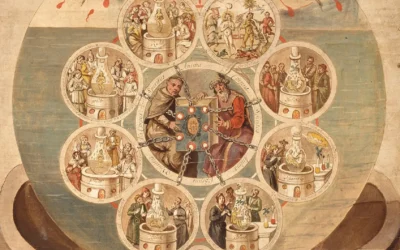
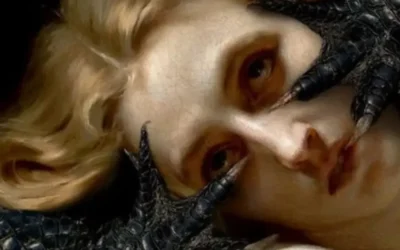
0 Comments